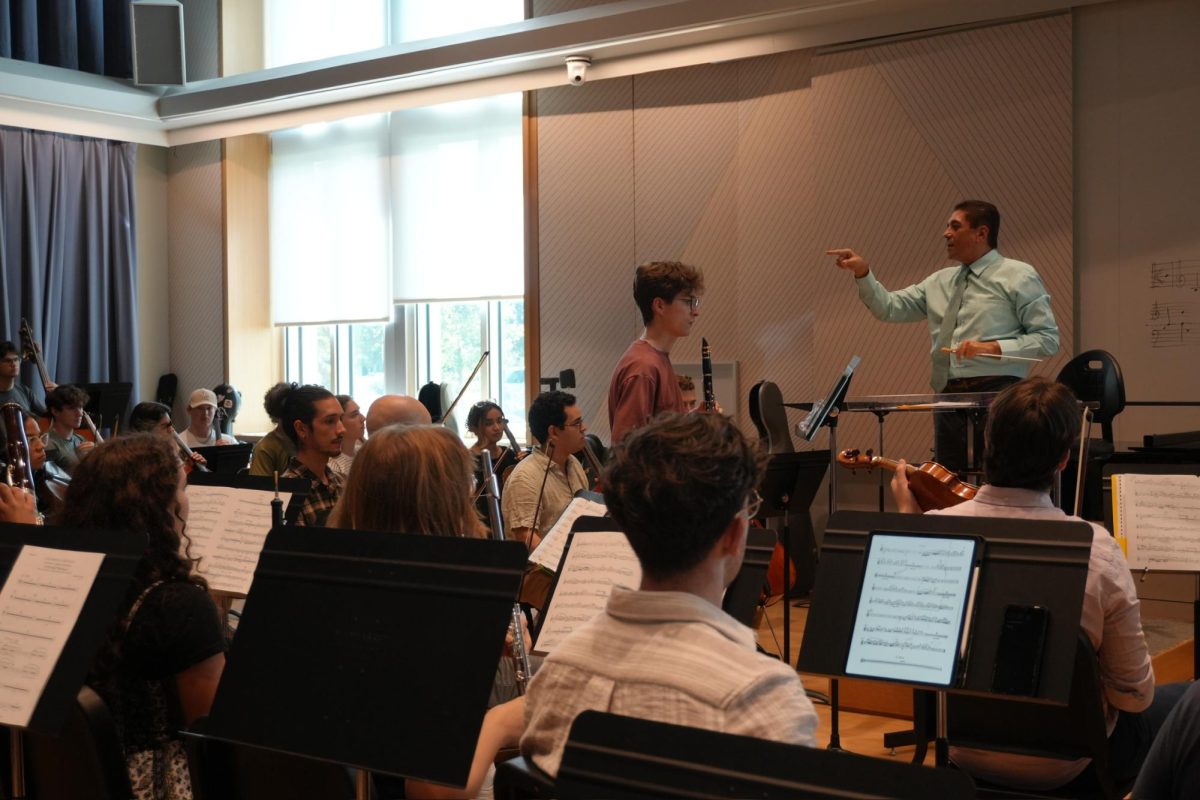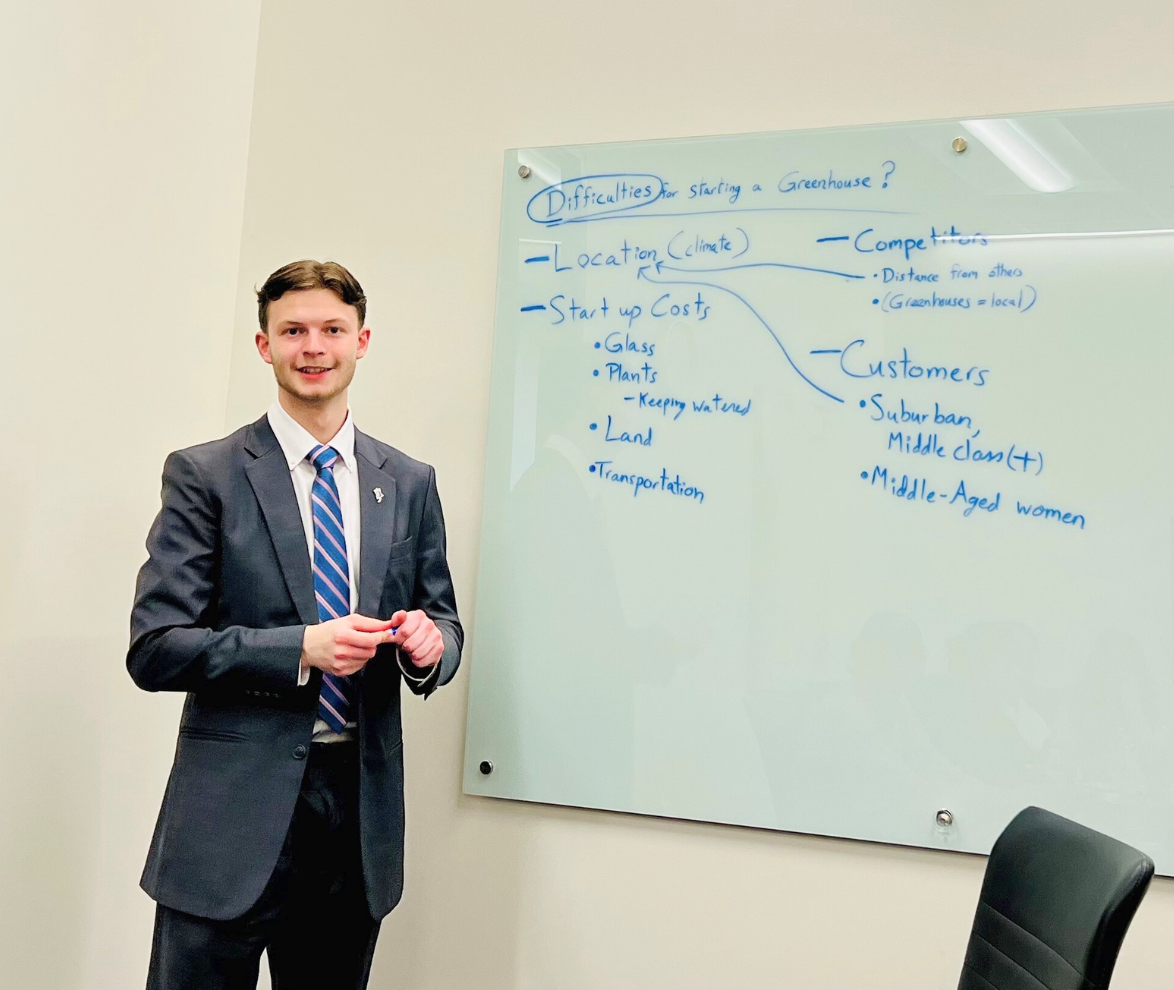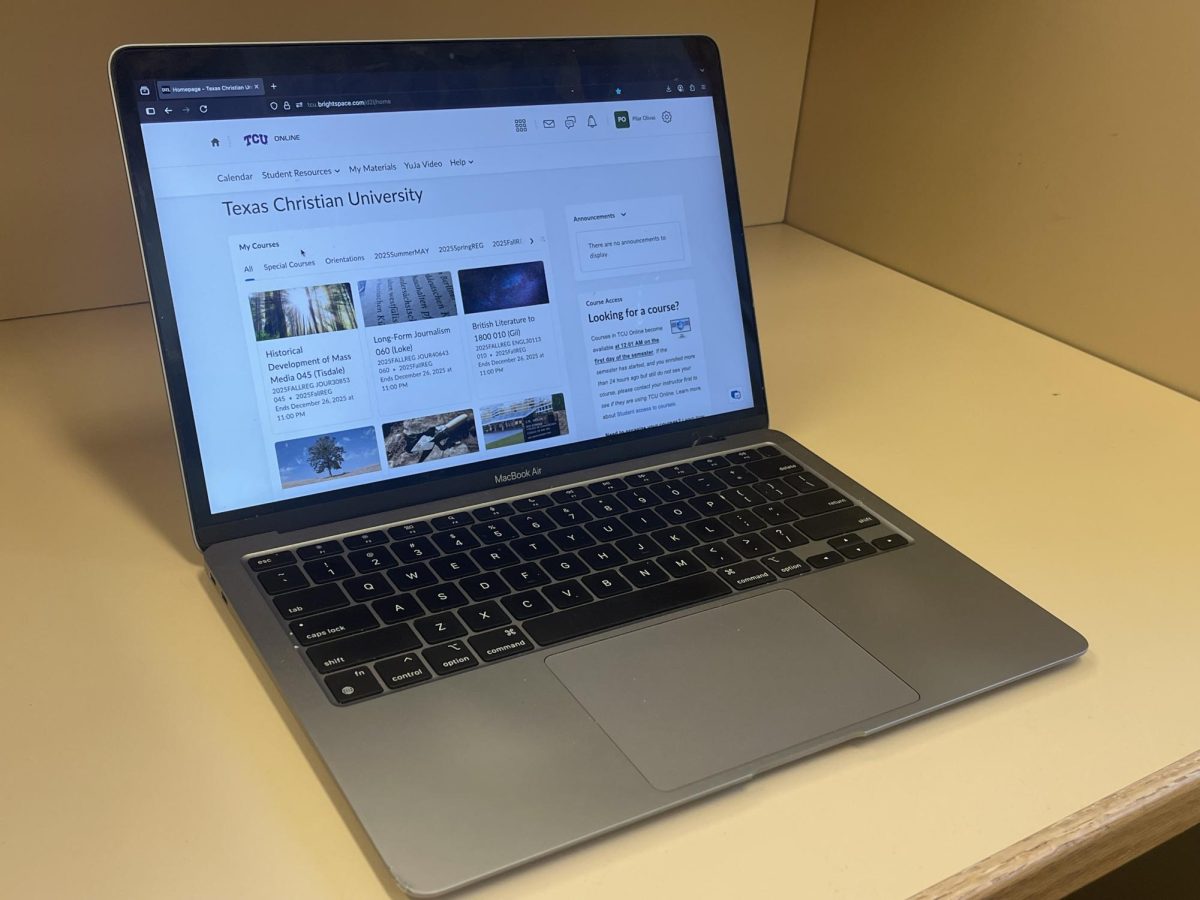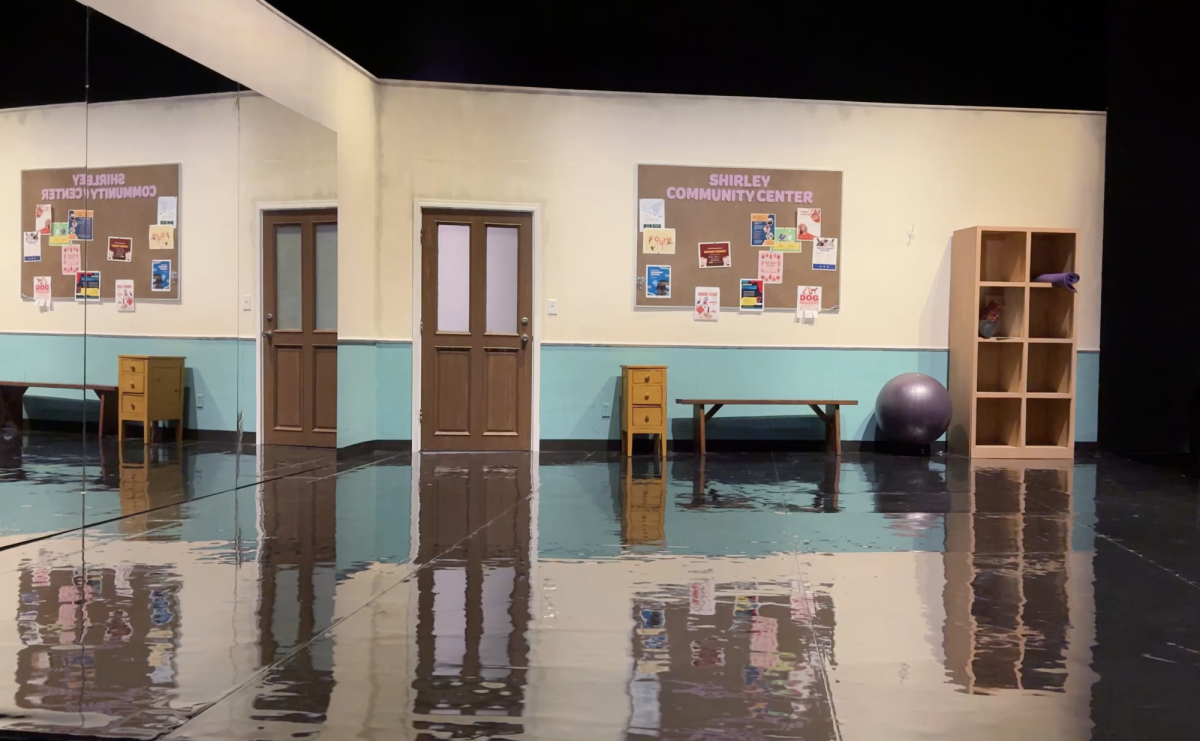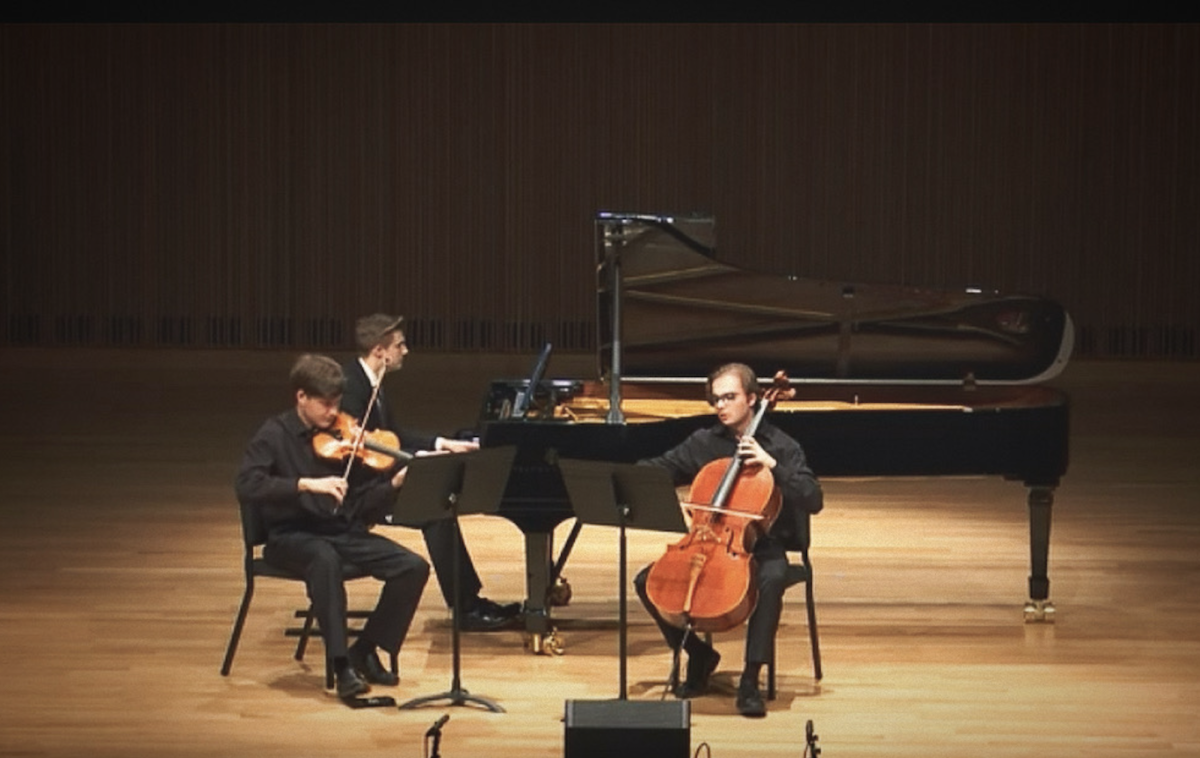It started as a way to connect TCU to the surrounding community. Almost 30 years later, the 14th biennial Latin American Music Festival is a signature event for the School of Music.
The festival offers students the opportunity to perform alongside world-class musicians from the United States and throughout Latin America.
“People go out to eat Chinese, Brazilian and Italian food because it connects them to their culture, but what about the arts?” Germán Gutiérrez, director of orchestras and founder of the festival, said. “People need a place to go and see their roots come to life through music. That’s why I created the festival.”
This year’s festival will feature woodwind virtuoso Paquito D’Rivera, a 16-time Grammy and Latin Grammy Award winner, Pacho Flores, one of the world’s premier trumpeters, and Daniel Freiberg, an acclaimed pianist and composer. Each will lead masterclasses and perform throughout the week.
“Can you imagine having Beethoven on stage, teaching you his own music?” Gutiérrez said. “That’s what our students experience. They get to learn directly from the composers and performers themselves.”
As the festival approaches, students spend countless hours preparing to take the stage with world-renowned artists.
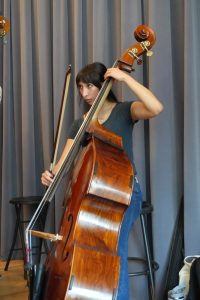
“What does it mean to me to be able to play alongside Grammy award-winning artists?” said Graysen Malek, a sophomore double bassist studying music and finance. “I mean, even saying those words, I have to pinch myself. It is stellar to see what the greats have achieved and to know that they make music just like us students do. It’s a huge testament to how powerful music is.”
Preparation for the festival goes beyond the built-in rehearsal time. Students dedicate extra hours fine-tuning their parts, researching repertoires and listening to how other great artists perform the same pieces.
“Music students shouldn’t be isolated doing class work and exams,” Gutiérrez said. “The sound of music belongs to a society and a community, and events like this are how we embrace our community.”
That sense of connection, Malek said, is what makes the festival so meaningful.
“Whenever I think of the festival, I picture a celebration that epitomizes the TCU School of Music,” Malek said. “It is rich in tradition, culture, diversity and, most of all, passion.”
The festival has helped expand TCU’s reach, Gutiérrez said. The event attracts aspiring musicians from across Latin America, while also opening doors for TCU faculty and students to potentially perform abroad.
“The world is better when we connect with each other,” Gutiérrez said. “The best way to overcome discrimination is to meet people. Music, as a universal language, helps us see that 99% of people everywhere are good.”

